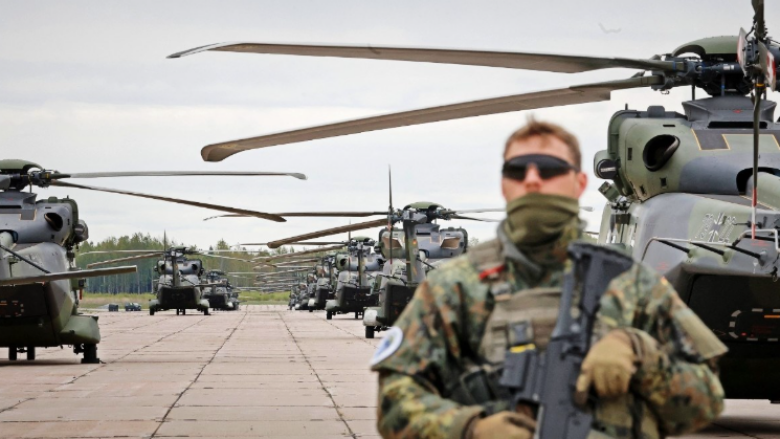Defense Chief Carsten Breuer sets strategic goals amid growing global tensions
In a move that underscores Germany’s shifting defense priorities, Chief of Defense General Carsten Breuer has issued a direct order mandating the urgent modernization of the German military, aiming for full implementation by 2029. The details were outlined in a classified directive titled “Directive on Priorities for Strengthening Readiness”, obtained by Reuters and dated May 19.
The directive comes on the heels of Berlin’s decision to ease borrowing restrictions in March, creating new fiscal space to accelerate defense spending. It marks one of the most assertive steps by German leadership to bolster national security since the Cold War.
Defense Focus Areas
General Breuer’s directive prioritizes a number of strategic military enhancements, several of which align with NATO’s growing demands:
- Air Defense Strengthening: A major emphasis is placed on upgrading air defense systems, with particular focus on drone interception technologies. NATO has reportedly asked Germany to quadruple its air defense capabilities, from long-range systems like Patriot missiles to more responsive short-range systems.
- Precision Strike Capabilities: The military is tasked with developing the ability to strike targets over 500 kilometers away, even deep behind enemy lines. This reflects Germany’s intent to expand its offensive reach in the event of a high-intensity conflict.
- Munition Stockpile Expansion: The directive calls for the rebuilding and long-term sustainability of Germany’s ammunition reserves, viewed as critically insufficient in past NATO readiness evaluations.
- Electronic Warfare (EW) Expansion: In an age of hybrid threats, Germany will rapidly scale up its electronic warfare abilities, including cyber countermeasures and signal disruption technologies.
- Space-Based Defense Systems: A significant innovation is the call to develop resilient offensive and defensive capabilities in space, recognizing the growing importance of space in 21st-century military strategy.
Strategic Shift in European Security
This push for modernization reflects the changing security landscape in Europe, particularly in light of increased Russian aggression, cyber threats, and instability in neighboring regions. Germany, traditionally cautious in military affairs since WWII, is now asserting a more proactive and robust defense stance.
Breuer’s plan is not just about acquiring weapons—it also reflects a strategic restructuring of the Bundeswehr (German armed forces) to meet future battlefield realities and uphold its commitments within NATO.
The implementation of this directive is expected to accelerate cooperation with defense industries, enhance Germany’s leadership within NATO, and reposition the country as a central pillar of European defense.






